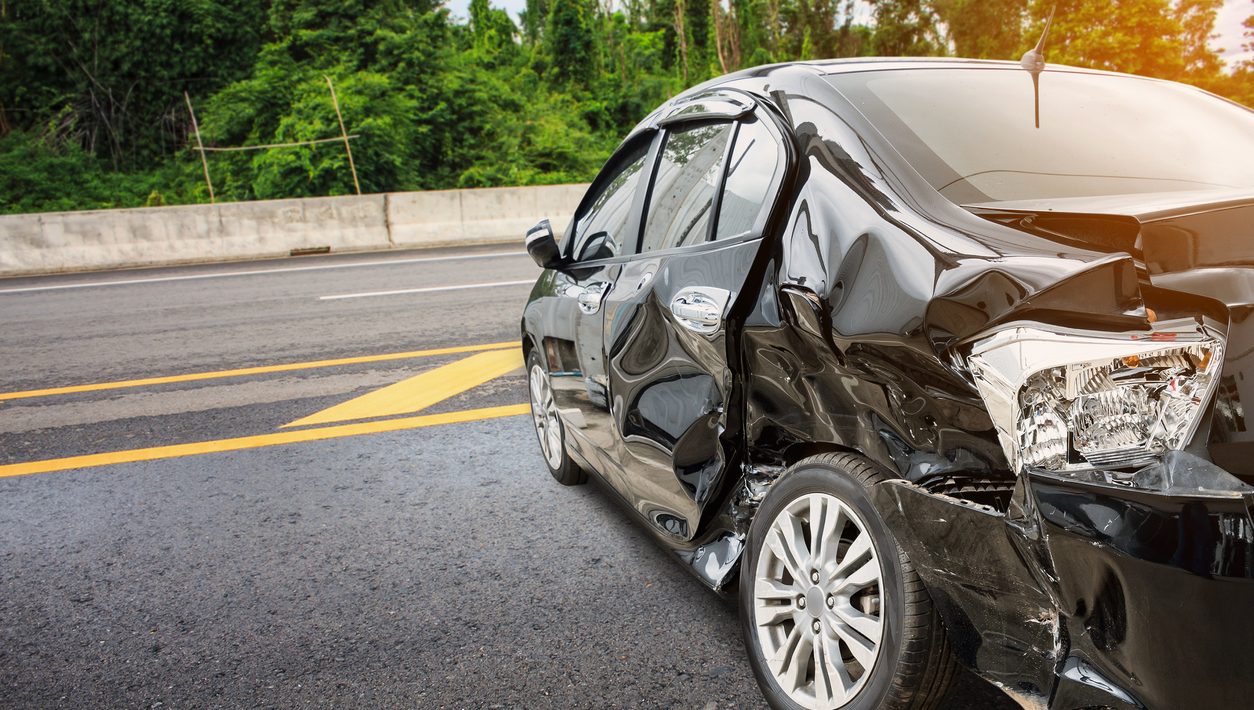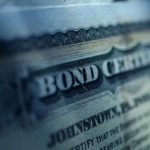Brake checks are not uncommon on the roads of the US. Young drivers usually do it in a road rage fit to get revenge on another vehicle. It can be frustrating to be driving behind a slow-moving vehicle on the highway and even more annoying when they refuse to move over. This may cause you to drive closer to the vehicle and increase the risk of a rear-end accident.
When the driver at the front engages in further risky behavior and presses their brakes all of a sudden, it is called brake checking. If you or your loved one was injured in a brake-checking accident, it helps to understand how liability is calculated in these situations. Get in touch with an injury lawyer in Queens today.
What is brake checking, and why do drivers do it?
Brake checking is an unethical practice of pressing the brakes abruptly to send a message to the driver behind them. It is illegal and can increase the chance of a rear-ended accident. The driver at the back can become startled and cause multiple-vehicle accidents as well.
Drivers may brake check for several reasons. One, for instance, is when someone wants to deliberately cause an accident to collect insurance money from the other party. Even if someone does this, an experienced lawyer with the right tools and resources can investigate the claim to find out which driver is actually liable.
In most cases, the driver brake checks to annoy the driver at the back or send a message to them to stop driving so close to the car. While having someone drive close to you can be annoying, using this approach may be more dangerous than helpful.
Who is liable in a Queens car brake-checking accident?
New York is a no-fault state, which means that there are no liable parties in car accidents. The insurance of the injured person will pay for its own damages. New York no-fault insurance will pay between $25,000 to $50,000 to cover for any out-of-pocket expenses related to medical costs caused by the accident.
However, if your damages exceed this amount, you can pursue a claim against the defendant party’s insurance company to get the difference.
For example, if you receive $25,000 from the insurance company but your total damages are worth $40,000, the at-fault party must pay the difference, that is, $15,000.
If you are from Queens, New York, and you have been in a brake-checking car accident, you should not sit home and wait for the insurance company to send you money. Contact an attorney today.







